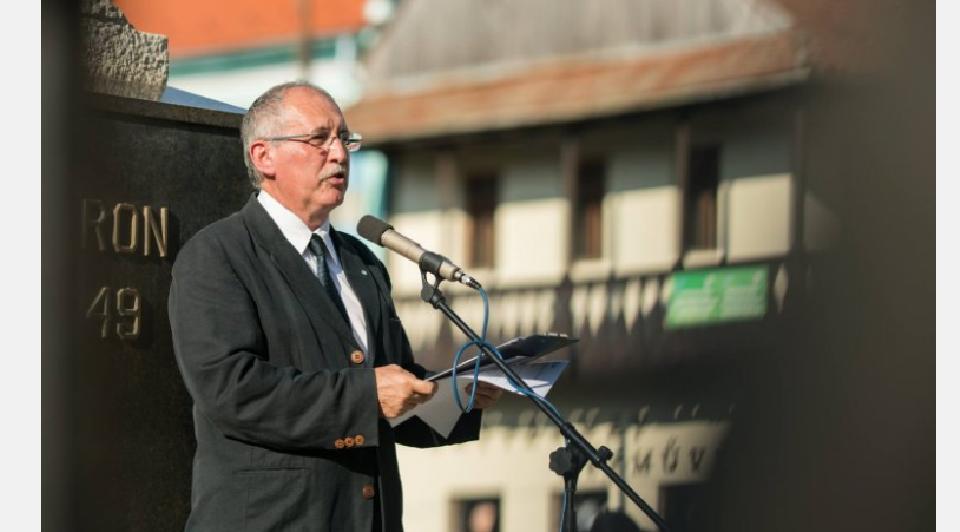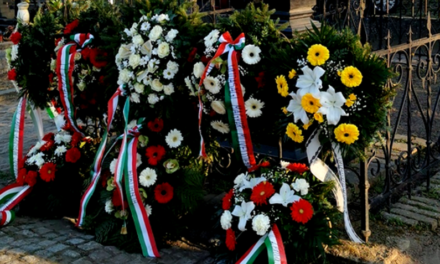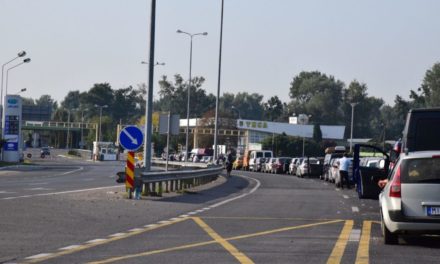The newly formed Reform Workshop of the Transylvanian Hungarian Association (EMSZ) wants to carry forward the values of the former Reform Compaction, which operated as an opposition platform within the framework of the RMDSZ. Tibor T. Toró, the vice-chairman of the party (pictured), explains in an interview with Krónika that they seek cooperation with the RMDSZ in view of the four Romanian elections next year, even if the goal of the ruling alliance is still to preserve the monopoly of representation. even at the cost of risking representation. Toró also talked about how to proceed in the EMSZ after the conviction of János Mezei, and how Transylvania's autonomy aspirations can be internationalized.
- Reform Tömörülés, which was founded 30 years ago as a platform of the RMDSZ, operated within the framework of the association for ten years: they remembered its history at their forum in Cluj last week. From the perspective of three decades, what is worth taking forward from the history of the former RT?
– The meeting was initiated and organized by the strategic committee of the Transylvanian Hungarian Association (EMSZ). The purpose of the workshop discussion is not nostalgia - although that has its own charm - and not even a retrospective of political history. The participants - the founders and former members of the Reform Tömörülés (RT) and the current, mostly young officials of the EMSZ - recalled the most important values and objectives of this year's 30-year-old gathering from the perspective of the tasks facing our association. It is the undisclosed intention of the organizers to connect the past with the future through the challenges of the present. Who would have thought that in the fourth decade after the regime change, there is still a question as to whether the Transylvanian Hungarian society, which is so diverse and complex in its values, living conditions and interests, needs political pluralism.
It seemed evident to us then, and it still is today: there is no democratic society without pluralism. The one-party system is also rejected by those who only know communism from history books. At the same time, it is also evident that a community living in a numerical minority, which has to assert its strategic goals against the majority political elite building a unified and homogeneous nation-state, must set limits to the political competition resulting from pluralism. Today, the representatives of the EMSZ are fighting the same battle with the supporters of the Hungarian one-party system as the legal predecessor RT. Hungarian politicians who want to preserve the monopoly of representation at any cost, and who mostly travel to Bucharest for business in the broader sense, still refer to unity when they ask the community for exclusivity. Supporters of pluralism, on the other hand, believe in dialogue between political camps, coordination and unity of action. In how it is possible to jointly represent - even in the spirit of the division of labor - basic common goals without displacing the representatives of the other political camp.
The entire article from Kronikaonline.ro can be read here.
Author: József Makkay
Image: Neppart.eu













